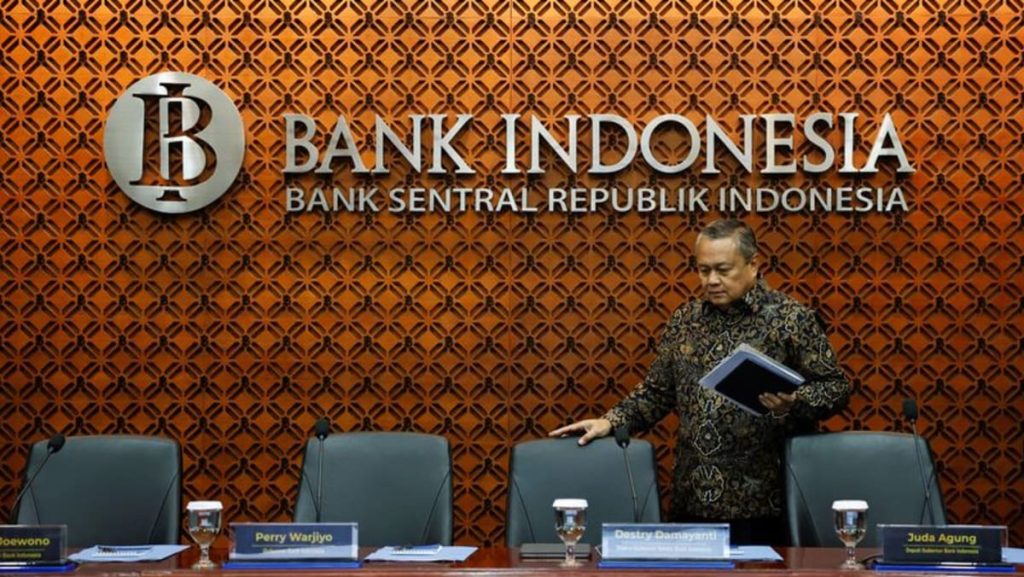The Indonesian Corruption Eradication Commission (KPK) has launched an investigation into the alleged misuse of trillions of rupiah, equivalent to tens of millions of US dollars, disbursed by Bank Indonesia (BI), the country’s central bank, to members of the House of Representatives (DPR) under the guise of Corporate Social Responsibility (CSR) programs. The KPK’s investigation centers on whether these substantial funds were properly utilized for their intended social purposes or diverted for personal gain. While the exact amount of misappropriated funds remains undisclosed, the KPK has confirmed the magnitude of the potential misallocation, emphasizing the seriousness of the allegations. This investigation has raised significant concerns about transparency and accountability within the Indonesian government and its financial institutions.
The investigation specifically targets members of the DPR’s Commission XI, responsible for overseeing financial matters, national development planning, and the financial services sector. The KPK suspects that these lawmakers may have exploited the CSR funds for personal enrichment rather than directing them towards legitimate social programs. While no suspects have been officially named, the KPK has questioned several lawmakers and central bank officials. Among those questioned is Satori, a politician from the National Democratic Party (NasDem), who reportedly acknowledged receiving funds from BI for social programs in his constituency. However, the KPK alleges that Satori misused these funds in his electoral district of Cirebon, West Java. The KPK’s probe casts a shadow over the integrity of the CSR initiatives and raises questions about the oversight mechanisms within the DPR and BI.
The KPK’s investigation is multi-pronged, examining the flow of funds from BI to the DPR and scrutinizing the implementation of the CSR programs. The agency conducted raids on BI’s headquarters in Jakarta and the office of the central bank governor, Perry Warjiyo, in December 2023, signaling the intensity of the investigation. The KPK has indicated that it possesses evidence suggesting potential misuse of the funds, citing instances where only a portion of the allocated funds were actually used for social programs, raising suspicions about the whereabouts of the remaining funds. The investigation marks a significant effort by the KPK to address corruption within Indonesia’s political and financial sectors.
The allegations of misused CSR funds raise broader concerns about the transparency and accountability of government institutions in Indonesia. The KPK’s investigation underscores the importance of robust oversight mechanisms to ensure that public funds are used for their intended purposes and not diverted for personal gain. The case also highlights the potential vulnerabilities of CSR programs to corruption, emphasizing the need for stricter regulations and more rigorous monitoring of these initiatives. The outcome of this investigation could have significant implications for the future of CSR programs in Indonesia and the relationship between government institutions and the private sector.
The potential misuse of CSR funds is not an isolated incident in Indonesia. The KPK has been actively investigating various cases of corruption involving government officials and private entities. This ongoing investigation into the alleged misappropriation of BI funds by DPR members reflects a broader effort to combat corruption and promote good governance within the country. The KPK’s commitment to uncovering and prosecuting corrupt practices is crucial for building public trust and ensuring the effective use of public resources. The outcome of this case could serve as a deterrent against future instances of corruption and contribute to strengthening Indonesia’s anti-corruption framework.
This investigation carries profound implications for the Indonesian political landscape and the public’s perception of government institutions. The alleged misuse of CSR funds could erode public trust in both the DPR and BI, potentially impacting the credibility of future CSR initiatives. The outcome of the investigation will likely influence public discourse on corruption, transparency, and accountability within the government. The KPK’s findings could also lead to reforms within the DPR and BI, strengthening oversight mechanisms and enhancing transparency in the allocation and utilization of public funds. This case underscores the crucial role of independent anti-corruption agencies in holding those in power accountable and promoting ethical conduct within government institutions.

